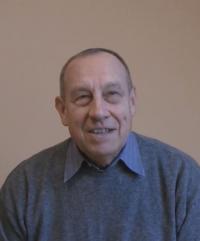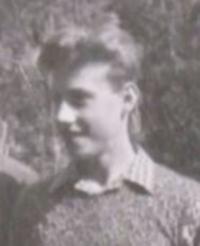Nowadays society does not have the freedom related to responsibility

Download image
František Kopecký came to the world in October 1947 in Hatě in the woods of the isolated part of the village of Cetyně. He recalls his childhood spent in nature and family farm with much love. For him all was clear already in the first classes of the elementary school. Although he was an excellent student and enjoyed going to school, he did not wish to study any further. He wanted to apprentice a bricklayer just like his father and work on his farm. Daddy was forced to hand over the farm to united agricultural cooperative, but he refused the offer to become the chairman. When Frantisek Kopecky graduated in Milinr elementary school, the comrade school director, chairman of the coop and the chairman of the national committee refused his request to go to the bricklayer’s apprentice. Daddy got mad, took an article about the necesity of the teacher’s newspaper, and he set out. He explained to comrades that unless his son can be a bricklayer, he will continue to study. František Kopecký obtained the secondary general school in Příbram. He graduated in 1966. The comrade director, whose was the best student in the descriptive geometry course, allowed him to try entry examinations at the Faculty of Mathematics and Physics of the Charles University, despite his explicit non-recommendation for further education. He succeeded and chose to focus on teaching in combination with mathematics and physics. After graduating he was teaching and in 1990 he became the director of Jan Neruda Grammar School in Hellichova Street in Prague.

